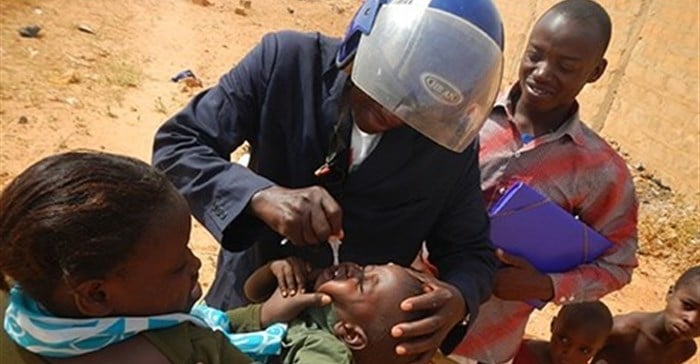
Related
Top stories



ESG & Sustainability#BudgetSpeech2026: SRD grant unchanged, other Sassa social grants see hike
6 hours



More news











ESG & Sustainability
South Africa’s carbon tax should stay: climate scientists explain why











Rotavirus is responsible for about 37% of deaths from diarrhoea among children younger than five years of age each year, or about 450,000 children, with a disproportionate effect in sub-Saharan Africa.
The virus is the leading cause of acute diarrhoea, or severe gastroenteritis, in children. Unlike other causes of diarrhoea, improvements in water, sanitation, and hygiene do not prevent rotavirus transmission, therefore vaccination is essential to prevent death and complications from childhood diarrhoea.
To make a difference in countries where the rotavirus burden is highest and access to healthcare is low, vaccines need to be affordable, as well as safe, effective, and heat-stable. Currently there are two rotavirus vaccines, but they are expensive and refrigeration must be maintained throughout the supply chain.
In resource-poor countries such as Niger, electricity and refrigeration are often unreliable. The new vaccine is heat-stable, the first of its kind for rotavirus prevention.
“This trial brings a vaccine which is adapted to African settings to those who need it most,” said first author Sheila Isanaka, assistant professor of nutrition at Harvard Chan School. “When the vaccine becomes widely available in Africa, it will help protect millions of the most vulnerable children.”
For the trial, researchers conducted a randomised, placebo-controlled trial in Niger to evaluate the efficacy of BRV-PV, a low-cost, heat-stable vaccine manufactured by Serum Institute of India Pvt Ltd. The researchers recruited 3,508 healthy infants to receive three doses of the vaccine or placebo at six, 10, and 14 weeks of age. All children included in the trial are monitored in local health centres and receive free healthcare for two years.
The vaccine has been licensed in India, but approval—known as prequalification—by the World Health Organisation is needed before it can be purchased by the United Nations and government agencies. “After the successful clinical trial of this new vaccine, we hope that it can be made available as soon as possible to children in Niger and across Africa,” Isanaka said.